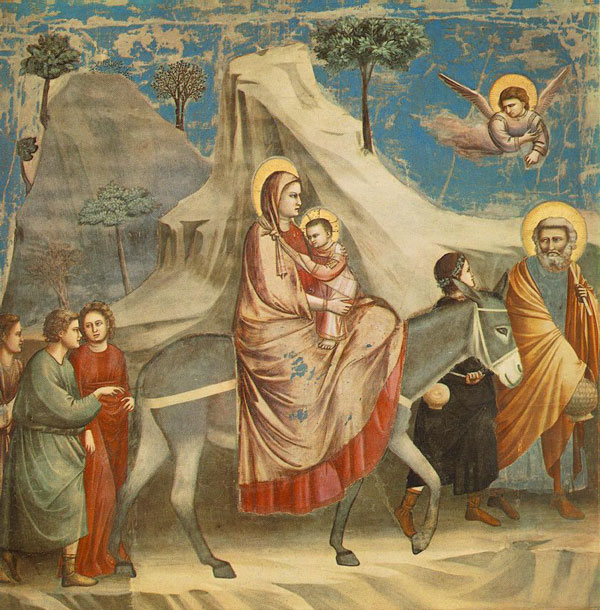
Bishop Gerald Kicanas, when he was still an auxiliary in Chicago, told the story of an encounter he had with a ragged woman who was pushing a shopping cart. When she hailed him, he admitted that his initial response was to wish he had been walking on the other side of the street. Moments later he was surprised by her message: “Tell the Cardinal I’m praying for him,” she said.
The one she was praying for was Joseph Cardinal Bernardin. He, as most know, was a son of South Carolina and a priest of this diocese. By the time this event took place, he had attained international note. Time magazine had featured him in a cover story for his role in the drafting of the U.S. Catholic Bishops’ message “The Challenge of Peace.” This document dealt with moral issues around nuclear weapons and clarified the Church’s teaching on the just war. Later, as Cardinal Archbishop of Chicago, he survived a much-publicized false accusation of sexual impropriety.
At the point at which the homeless woman announced she was praying for him, he was dying — gracefully and courageously — of cancer. At his death in 1996, an editorial in St. Anthony Messenger remarked that if there were a Mount Rushmore for American Catholics, Joseph Bernardin would be carved into it.
His fame was not what attracted the frowzy woman to him. It was, instead, the fact that the Cardinal had the common touch. He spent the final months of his life with cancer patients, prisoners, accident victims, and the elderly. He never seemed to forget his family’s roots. His father, an immigrant quarryman in Columbia, S.C., died when Joseph was just 6 years old. He and his sister were raised by their mother, who worked as a seamstress in the midst of the Great Depression.
These things seem important to remember as we reflect on the origins of the Catholic faith in this country and also as we engage the contemporary furor over immigration. Multitudes of the early Christians were laborers and homemakers, people of simple means. The apostles and their successors were missionaries, and thus emigrés into countries not their own. The foundations of faith in this country were laid by North American martyrs from France, Junipero Serra from Spain, John Neumann from Bohemia, and Mother Cabrini from Italy — among countless others. Catholic education, health care, and social services started here because of them. If we look around our diocese, we will note that many of our clergy are from Latin America, Africa, and Poland. We are a Church of immigrants.
It is not surprising, then, that our Catholic magisterial teaching insists that we must embrace the immigrant. We are counseled to welcome working-class newcomers, assist the poor, and afford families access to the blessings which we have received. If we do not do so, we may, in the future, lack saints and leaders. If the United States and Argentina had not done so, we might never have met men named Bernardin, Guglielmone, or a pope named Jorge Bergoglio.
The latter must have had some of this in mind when he urged the U.S. Congress (and us) this past September to respond to the world’s massive refugee crisis: “If we want security, let us give security; if we want life, let us give life; if we want opportunities, let us provide opportunities.” We know the name of the One who stands at the door and knocks. He too came here from elsewhere.


